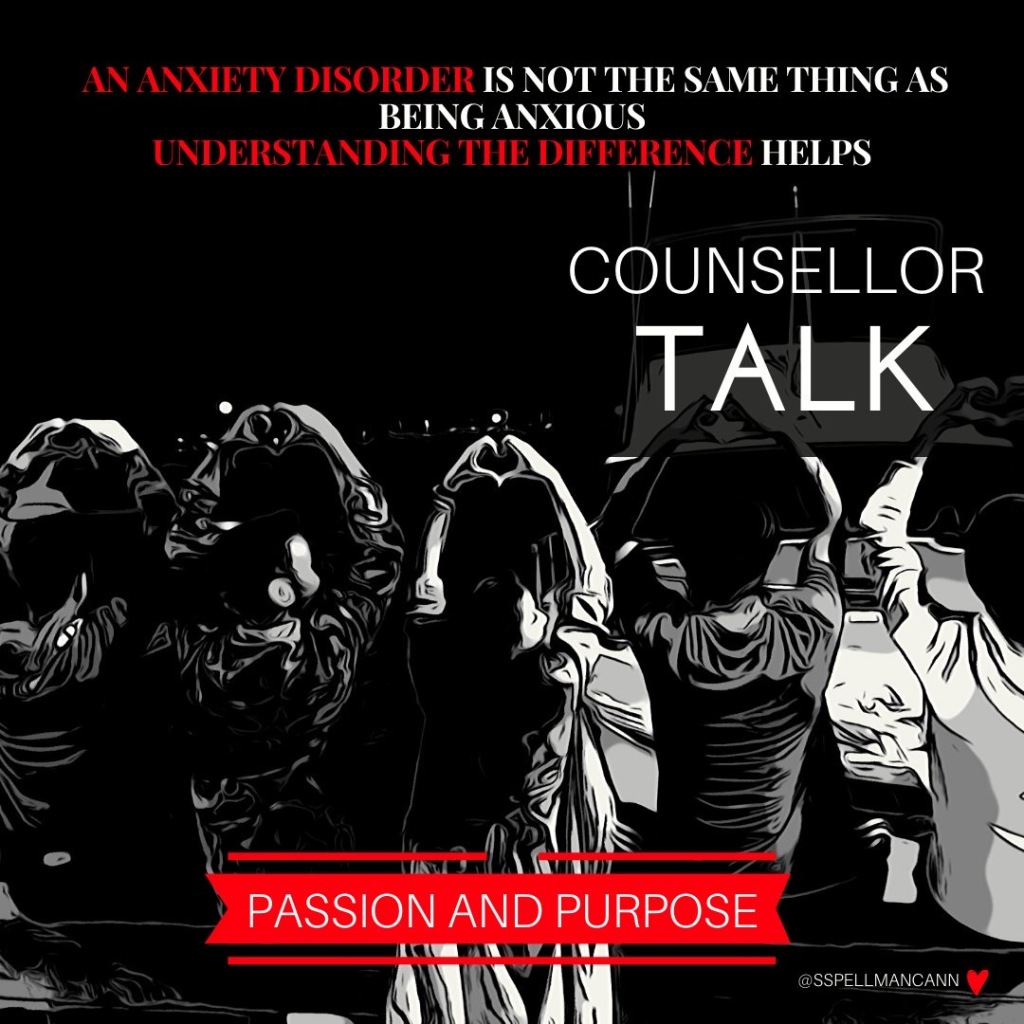Is Anxiety The Same As An Anxiety Disorder?
- Jan 29, 2020
- 2 min read

I hear it all too often, youth saying they have anxiety when what they really mean is that they are feeling anxious. If you listen to the news you would believe that our youth are in crisis . The data would suggest otherwise 1 in 5 Canadians will experience a mental health disorder in their lifetime . It’s true and needs to be addressed and has been for the past 20 or so years. The stats have not changed. What’s also true is that 4 out of every 5 Canadians don’t have a mental health disorder and it’s up to us to teach the difference between a disorder and everyday feelings that we all have. Some may need the assistance of a professional to understand the difference. Your School Counsellor is a good place to start. They are trained professionals who understand the difference and can assist in finding supports.
For the 1 in 5 youth that will experience a mental health disorder in their lifetime we need to assist them in getting all the supports necessary. For the youth that are experiencing distress over a multitude of concerns we must also listen and support them , teaching them how to cope with life’s challenges and concerns. Supporting youth with their feelings helps us understand what steps to take next. Their feelings are important , so we must not dismiss them.
Words do matter and helping our youth become literate when it comes to mental health can have a positive impact. If you need resources and ideas on how to make that happen check out teenmentalhealth.org. You can also find more information on anxiety here and here.
If you are wondering whether a youth truly has an anxiety disorder, some waitful watching may be in order. Don’t be quick to jump to a diagnosis ( and a reminder that you must be qualified to do so ) even then waitful watching is a good idea.
Some questions to reflect on :
Frequency : How frequent are the anxious feelings? Once or more a day , once a week , once a year?
Duration: How long do the feelings last? A few minutes, hours , weeks , months?
Intensity: Does the youth avoid situations because they are too anxious to cope? Is the anxiety taking control of them instead of them controlling it? Are they having trouble coping with everyday life because of their anxiety?
Have they seen a medical doctor to rule out any other medical concerns?
Has the anxiety come up for no apparent reason?
What triggers if any have led to the anxiety?
Is the youth experiencing stress or anxiety ? What’s the difference?
If you are a School Counsellor you most likely will informally assess and refer for an actual assessment if anxiety is of major concern.
When in any doubt consult. consult, consult!
Let’s work together to help our youth become more literate and support them navigating life. For a great read I would recommend Saving Normal: An Insider’s Revolt against Out-of-Control Psychiatric Diagnosis, DSM-5, Big Pharma, and the Medicalization of Ordinary Life by Psychiatrist Allen Francis.



